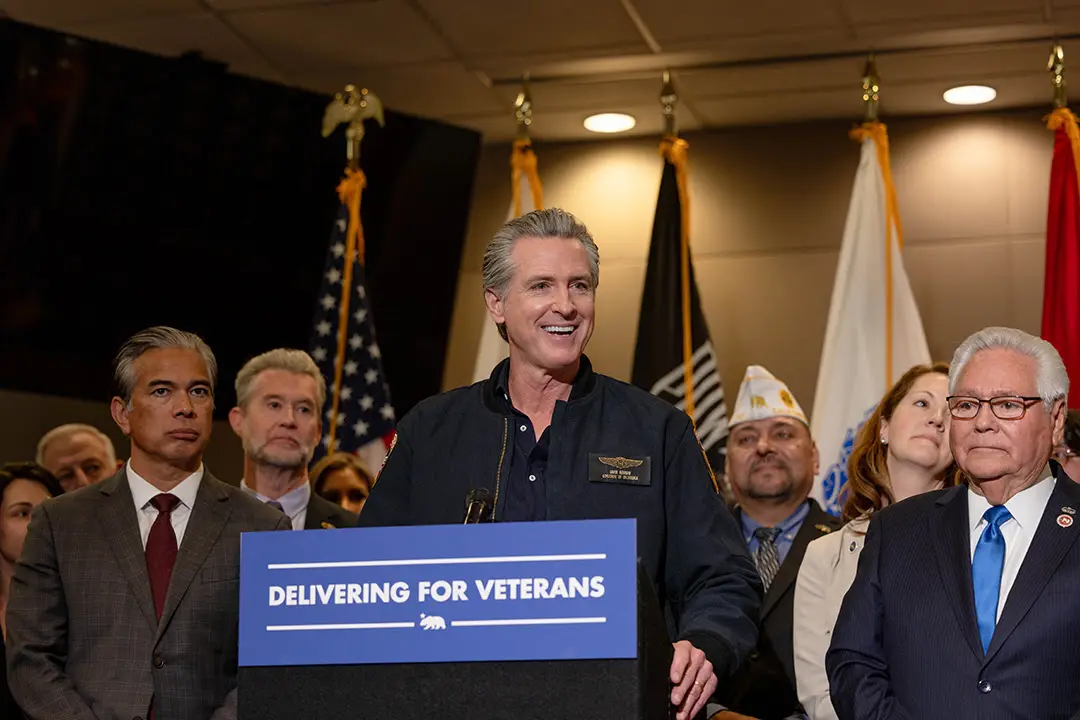The League of Women Voters of Kentucky (LWVKY), a nonpartisan group, released a report titled, “How Can They Do That? Transparency and Citizen Participation in Kentucky’s Legislative Process,” highlighting the increasing use of a fast-track process in the Kentucky General Assembly.
This process often leaves citizens, interested parties, and journalists struggling to keep up with the rapid progression of legislation, the report claims.





